Is Bitcoin Doomed after Mining Reward Disappears?
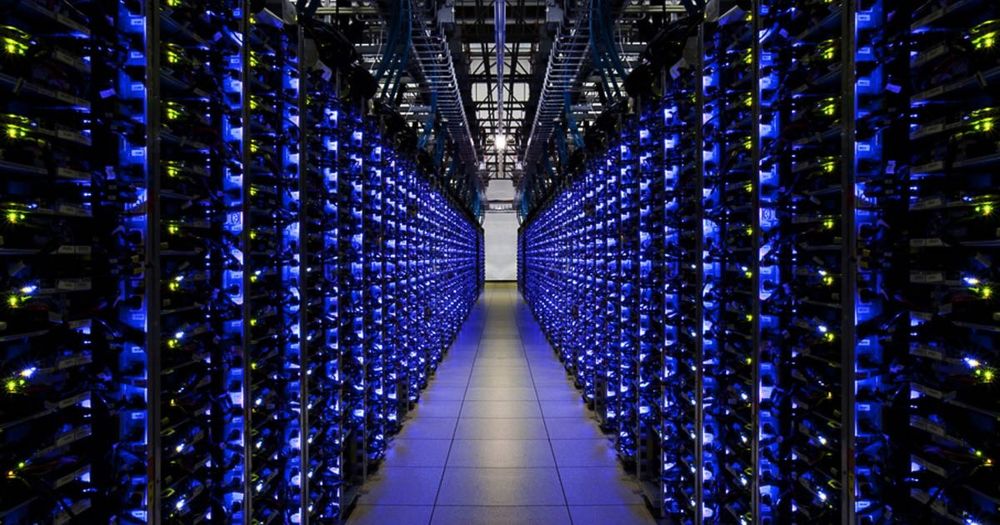
In July 2016, Bitcoin network has experienced the second block reward halving.
This event happens every 4 years and is there to mathematically control bitcoin supply.
Because the supply is fixed to 21 million BTC, block reward (currently at 12.5 BTC per 10 minutes) will eventually disappear and miners will lose their biggest source of income.
Less profit means fewer miners and that ultimately leads to less network security.
In order for Bitcoin to survive this, what seems like an apocalyptic event, the ecosystem will need to find solutions.
Conventional Scenarios
People have been discussing possible scenarios of what might happen when the block reward is gone since the day one.
These scenarios are based on basic logic and known economic laws of supply & demand.
Though sometimes frightening and outright scary, they are very likely to happen the way predicted. The good news is we still have a couple of decades before the issue becomes urgent.
Let's first talk about some of the well-known scenarios.
Bitcoin becomes costly
By the time block reward drops below 1 BTC per block in 2032, Bitcoin will very likely be mainstream (or perhaps just way bigger than now).
This assumption is based on the exponentially growing user base (demand) and fixed supply of 21 000 000 BTC.
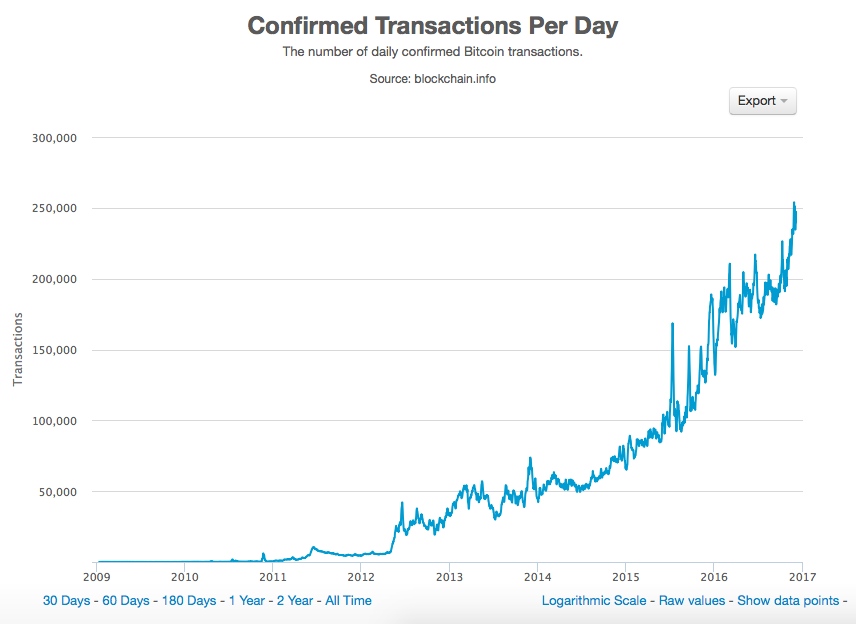
We know that high demand and low supply means soaring prices. Therefore it's safe to assume that price of bitcoin may easily be 5 or even 6 digits per unit at the time.
Mining would be than profitable even with current fees (denominated in bitcoin) and no block reward.
But critics say that "no one would pay $XXXXX per BTC". This may not be so true.
Warren Buffett's Berkshire Hathaway Class A stock is priced at $240 000 per unit. Yet people/companies keep buying it which is apparent from the chart below.
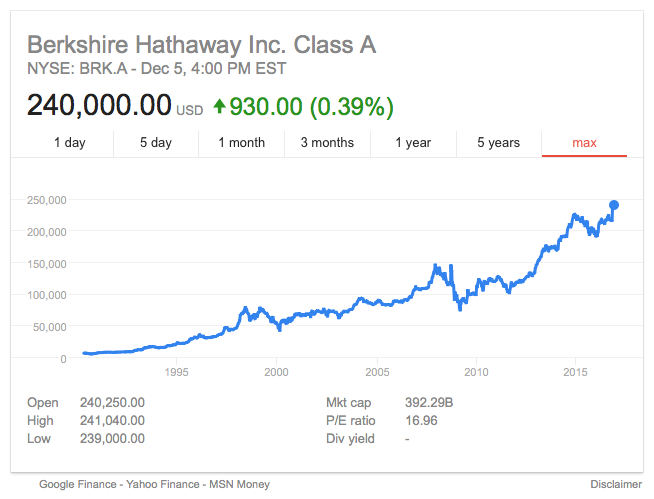
There's even an advantage when it comes to Bitcoin comparing to a stock market.
Because it's currently divisible to 8 decimals you are able to buy just 1/10^8th of single bitcoin for the fraction of price. You can't do that with expensive stocks (in this particular case you can buy the class B stock which is significantly cheaper).
Either way, in the case of soaring bitcoin price the minimum transaction fee might in fact even drop.
The fee could go lower several orders of magnitude from current 0.0001 BTC/KB while still leaving plenty of profit for miners and cheap transactions for users.
A fee market will emerge
Bitcoin block space is a scarce resource no matter the narrative from certain "big block" supporters. The price of a transaction is volatile based on the current market needs.
Regardless of future scaling solutions, we will never have an unlimited block size and there will always be transaction fees.
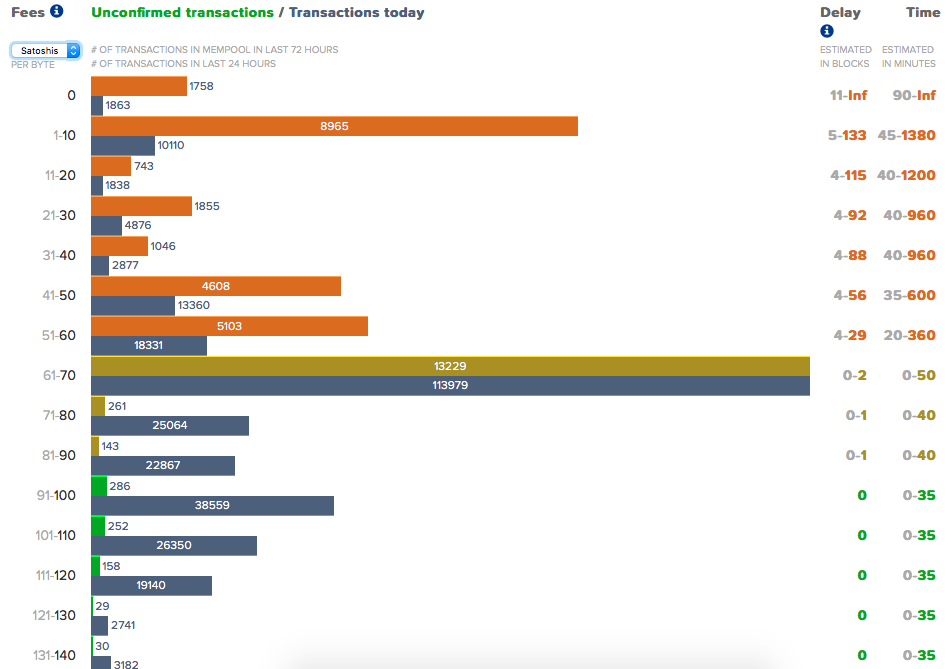
We don't have to worry too much about fees if dollar price of bitcoin keeps rising.
However, if certain price threshold isn't met a fee market will develop and we may be paying tens of dollars per transaction.
Even such event wouldn't be catastrophic for 2 reasons:
- Everyday transactions will be done fast and cheap outside of the blockchain using sidechains such as Lightning Network.
- On-chain transactions will be very likely still cheaper than banking fees for certain use cases (International business, remittances etc)
Death of Bitcoin
It seems that Bitcoin keeps dying every week :)
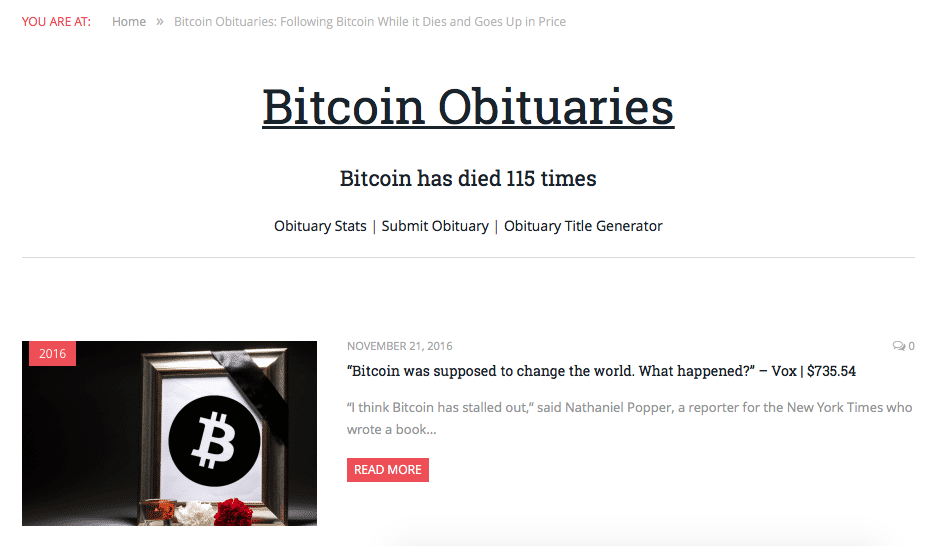
But if there isn't enough demand for cryptocurrencies and the absence of block reward won't be solved, Bitcoin may go extinct in the future.
I think this scenario is very unlikely, however, and there are many reasons for that.
Bitcoin is proving over and over again that it's a safe heaven when shit goes wrong.
While governments being more oppressive each year, Bitcoin gives people much-needed freedom.
It's simply too useful for many to die.
Let's Think Outside of the Box
Now onto the more interesting part.
I don't think we will have to stick with "standard" solutions only. The free market (which Bitcoin is) is always very smart and innovative.
There are hundreds of possible future solutions to the absence of block reward and they aren't limited to simply increasing the consumer cost.
But let's establish a few axioms first.
Bitcoin is the most secure network in the world with a massive PoW (proof of work) and it keeps rising.
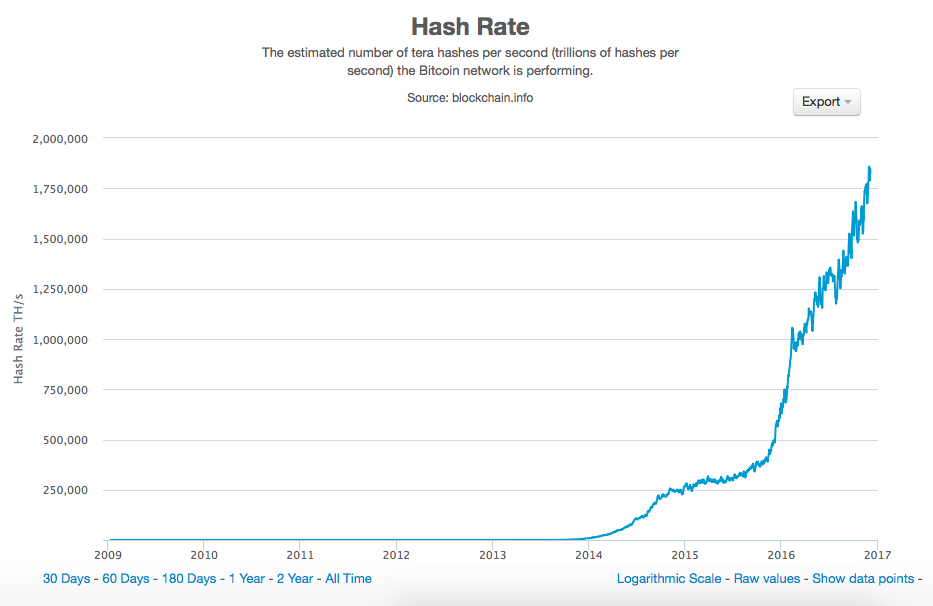
Therefore mining in a pool is both more cost effective and profitable.
It's mining pool operators that need to come up with new business models and individual miners will simply follow those better businesses.
And here comes my point.
These new business models will focus on subsidizing mining by offering a wide range of for-profit Bitcoin services.
Similarly as when shopping mall owners build unprofitable roads and sidewalks around their properties.
They subsidize the cost of the infrastructure so their customers can reach them and pay for their for-profit services (rent, advertisement etc).
Exchange markets
The idea of a pool miner running an exchange market isn't new.
There are already few mining pools offering a simple trading platform such as BTCC (formerly BTC China).
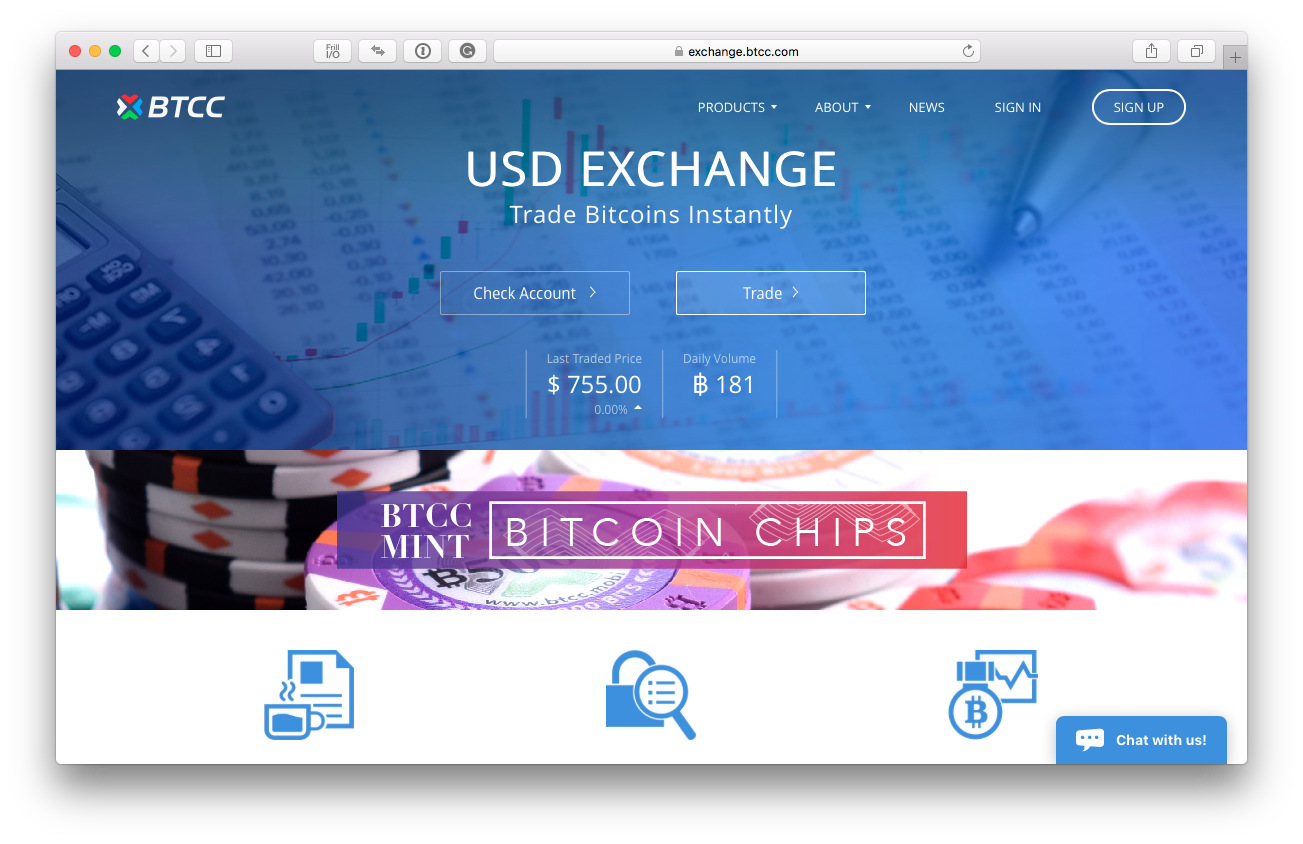
With high mainstream adoption, there will be growing demand for reliable exchange markets.
People will need more markets to easily exchange their government money for BTC (and perhaps vice versa).
These transactions are subject to fees which may partly be used to cover the cost of mining.
Individual miners would receive subsidies based on the hash rate offered to the pool.
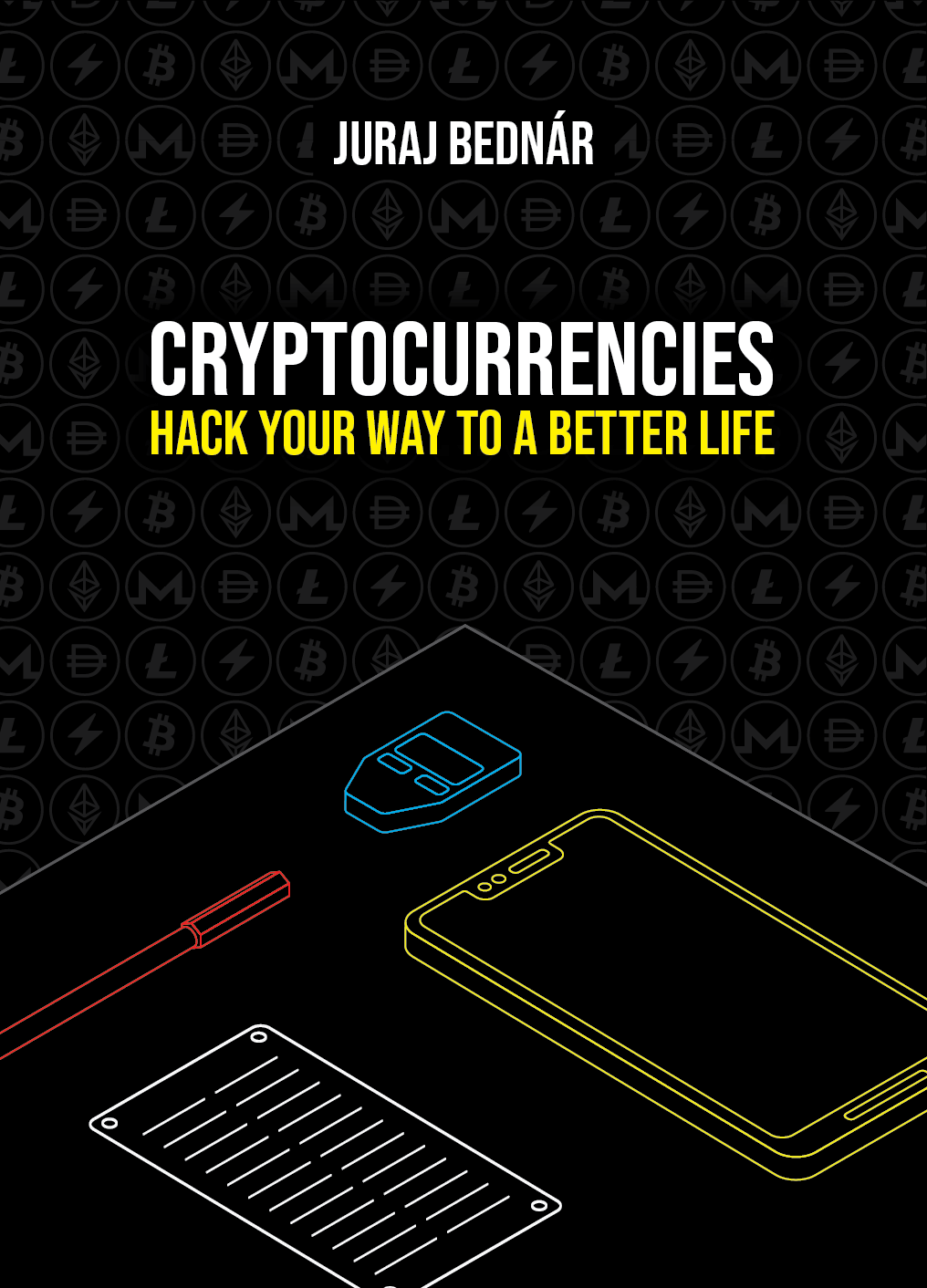
Cryptocurrencies – Hack your way to a better life
"In a world of centralized currency, new coins go to whoever the money printer (central bank, commercial banks or the state) choses as a recipient of those coins. In a world of decentralized currency, we want the distribution to be fair, so Satoshi Nakamoto, the creator of Bitcoin, invented mining."
Mining hardware sales
Naturally, pools that offer higher payments to miners will attract more customers.
Suddenly you have a growing demand for more mining hardware as the mining difficulty grows faster.
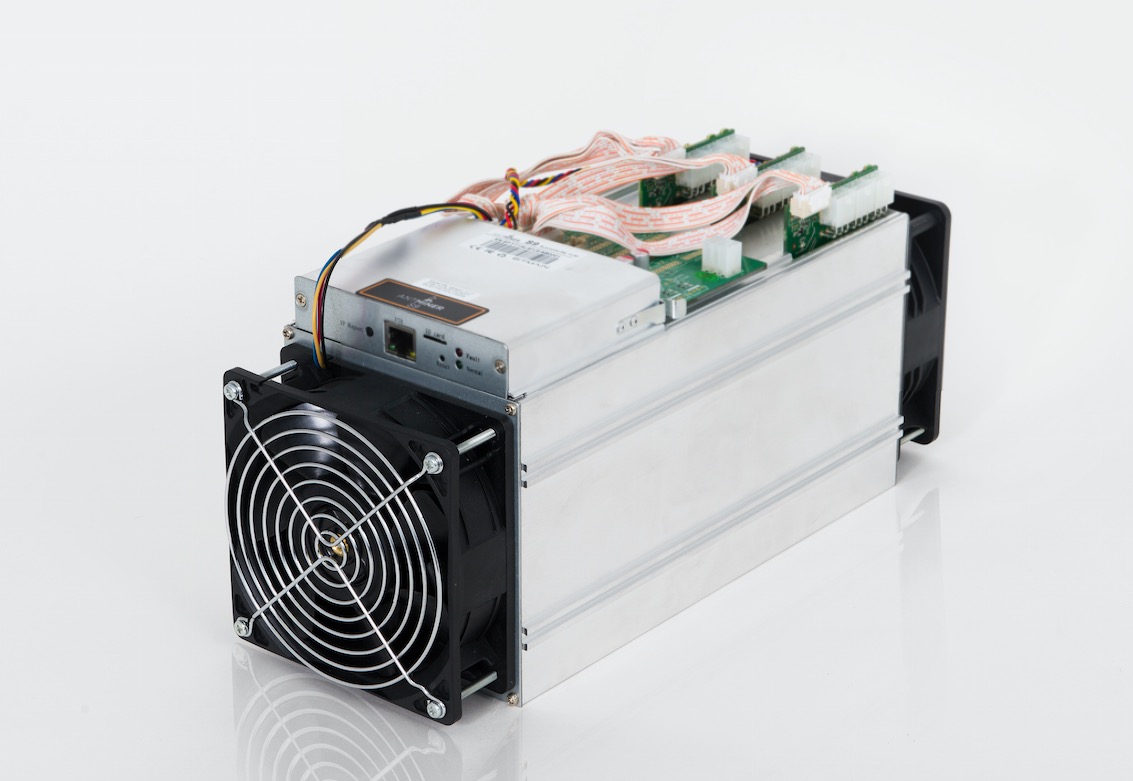
Pools will take advantage of the fact and will start reselling the existing hardware.
As Bitcoin ecosystem matures and the risk of Bitcoin failing significantly decreases, there will be even more incentives for pools to get into mining hardware industry.
This will allow for the whole new affiliate network of mining hardware to emerge.
Individual miners may decrease the cost of mining themselves with these affiliate profits.
Mining for heat
With all the new miners and mining hardware, the bitcoin ecosystem will produce lots of excessive heat.
This problem will eventually be addressed by the market at large. There are already some attempts to tackle the problem, but the demand isn't there yet.
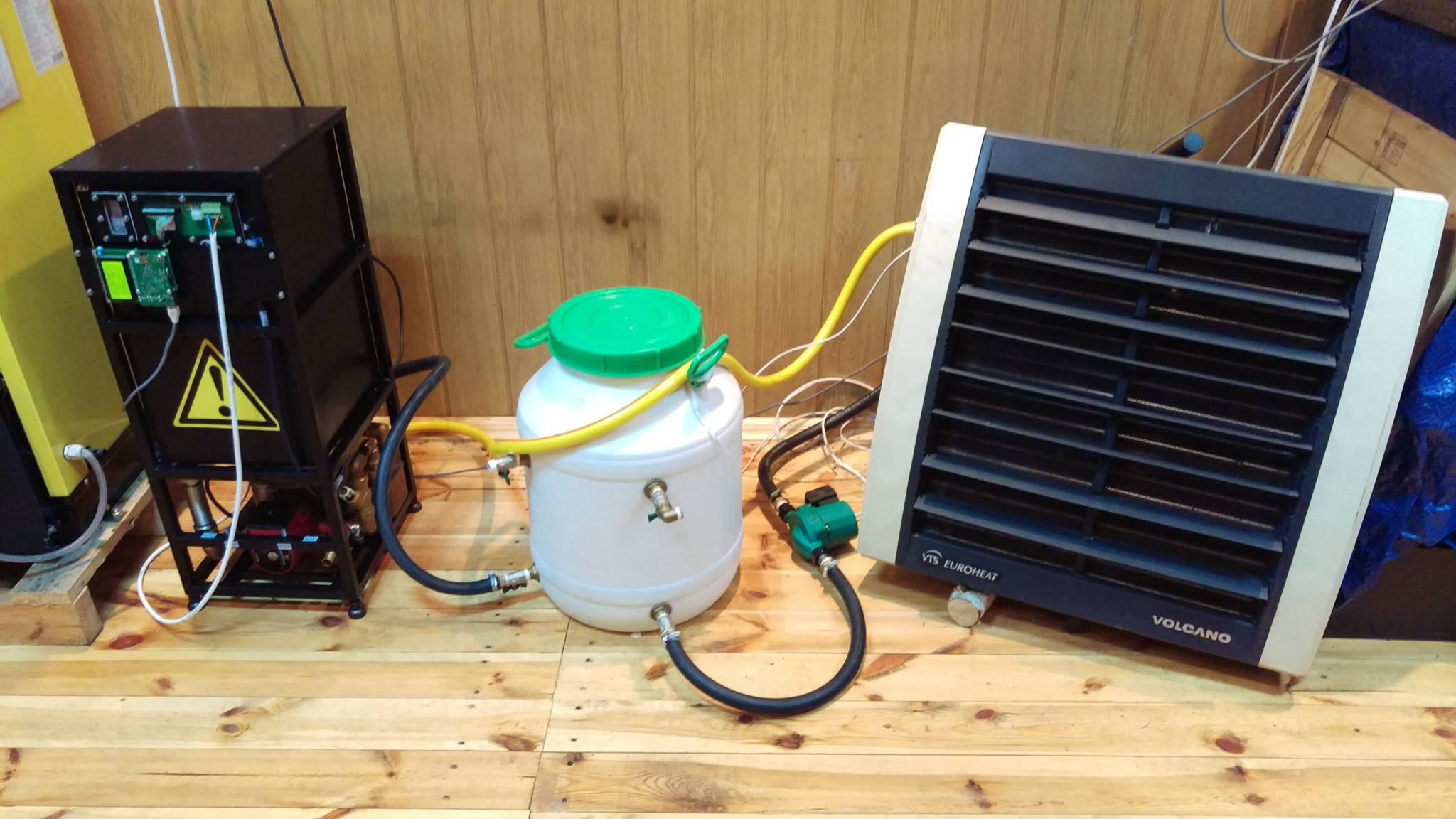
Mining hardware can be used to directly blow hot air at you during winter, similarly to electric heaters. This, I suppose isn't very effective, though.
It makes much more sense to me to gather the heat via pipes and direct it to the floor heating or radiators instead.
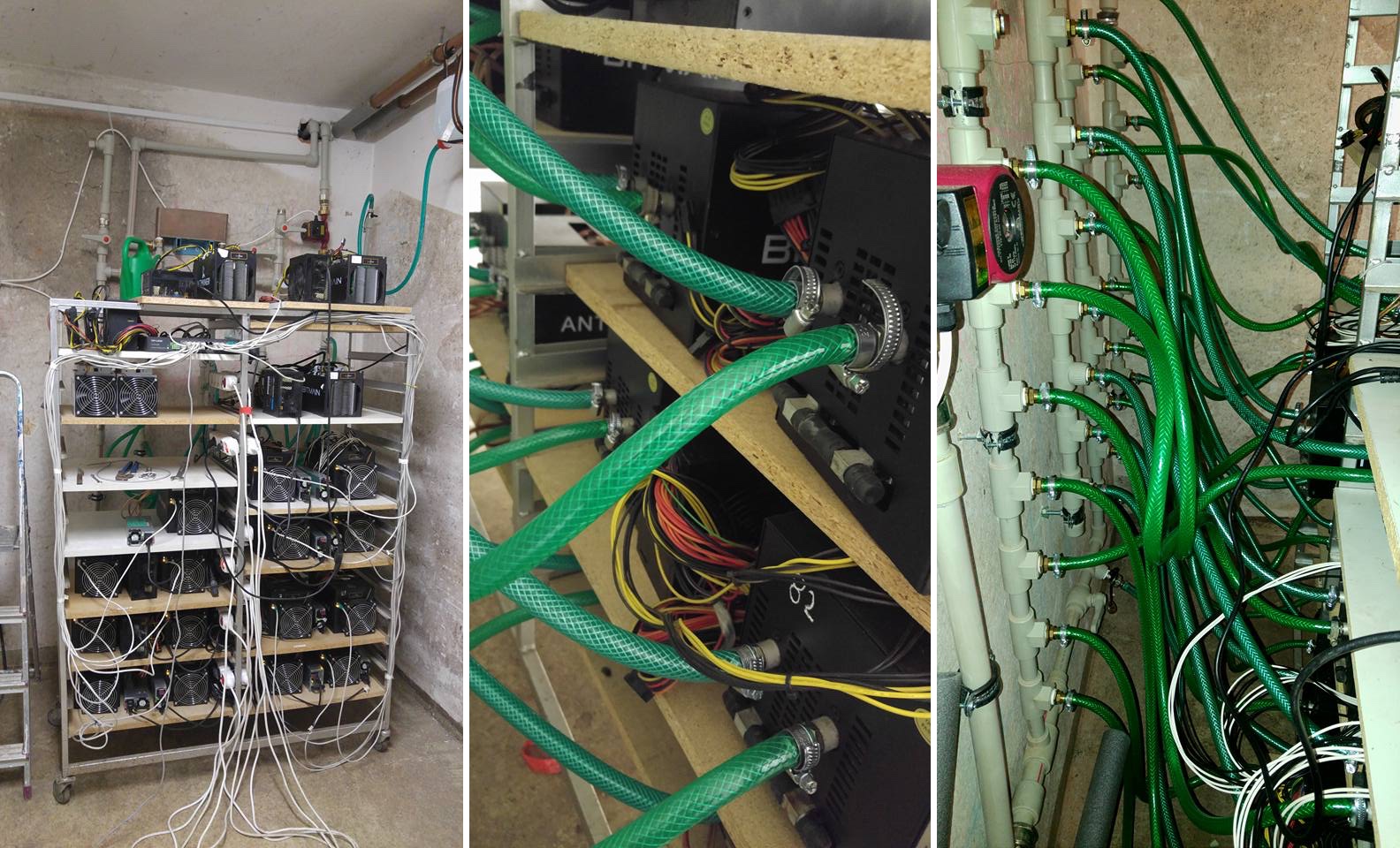
This could be either done by mining companies that would deliver the heat to homes, or by individual miners themselves for their households.
But what sounds more interesting to me is changing heat to another source of energy.
I'm no expert in this field but I suppose you could attach mining hardware to a thermoelectric generator and produce electricity.
This electricity could either be sold or used to partially cover own electricity cost of mining.
Final thoughts
Bitcoin mining reward drops every 4 years until there's no reward at all by 2140.
Though there's no need to panic for years ahead, eventually mining will need to evolve to keep itself profitable.
In addition to expected solutions such as increasing transaction fees, I think we'll see some interesting business models emerge.
I've mentioned just very few examples of tackling the issue.
But I believe as more people join the ecosystem we'll see countless different business models that will make sure Bitcoin will survive for decades and perhaps centuries to come.
What do you think? Please let me know in the comments below.




